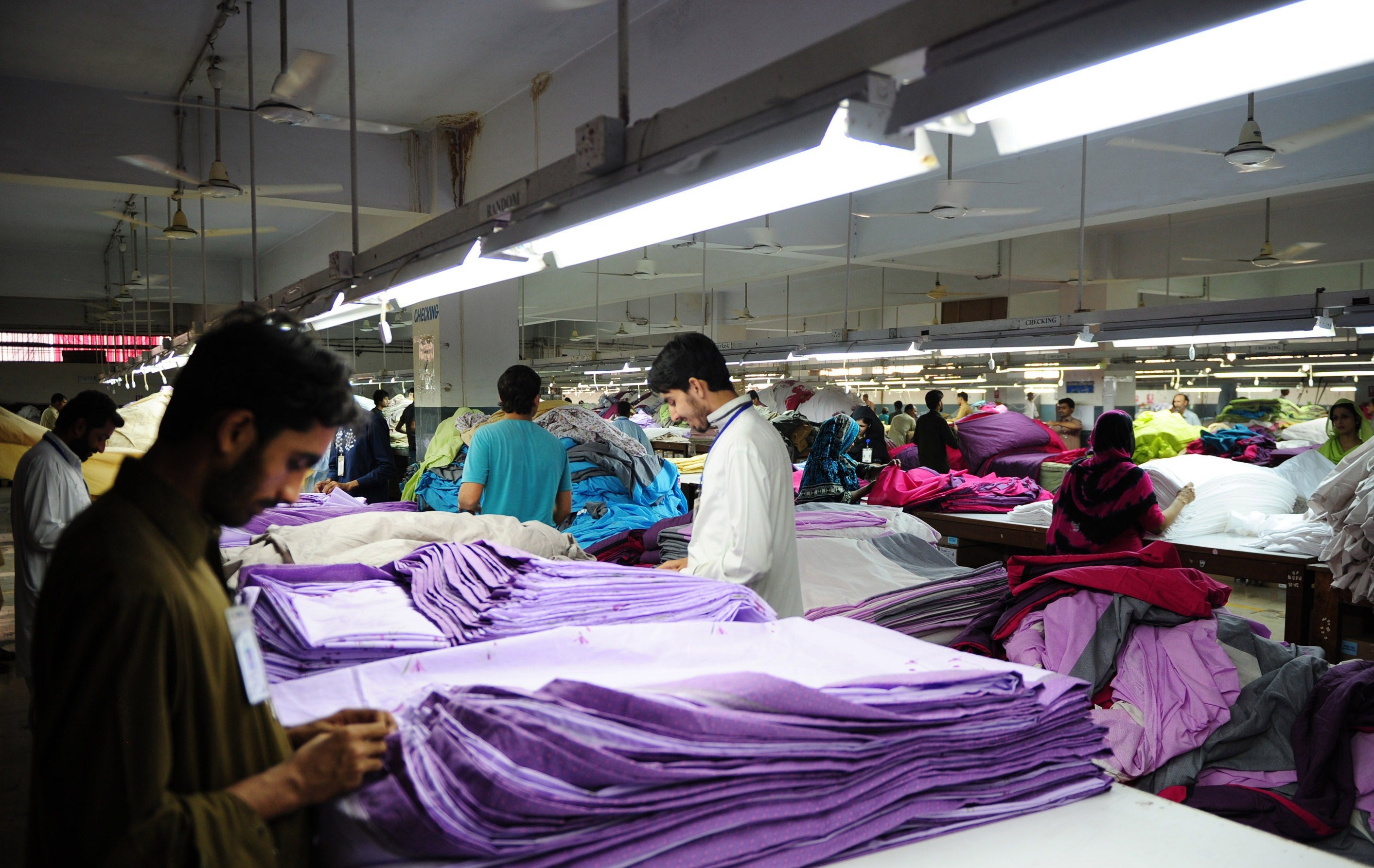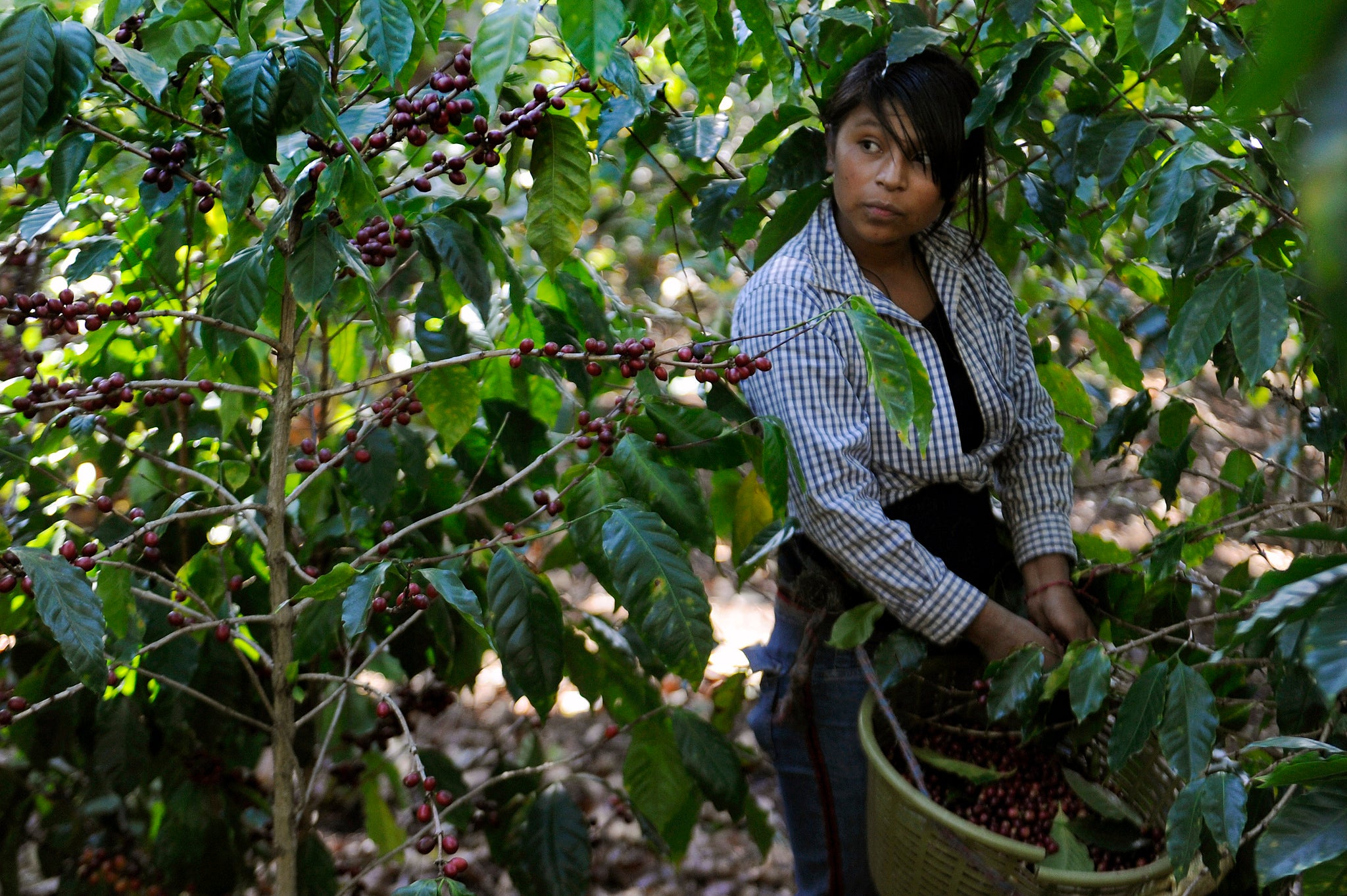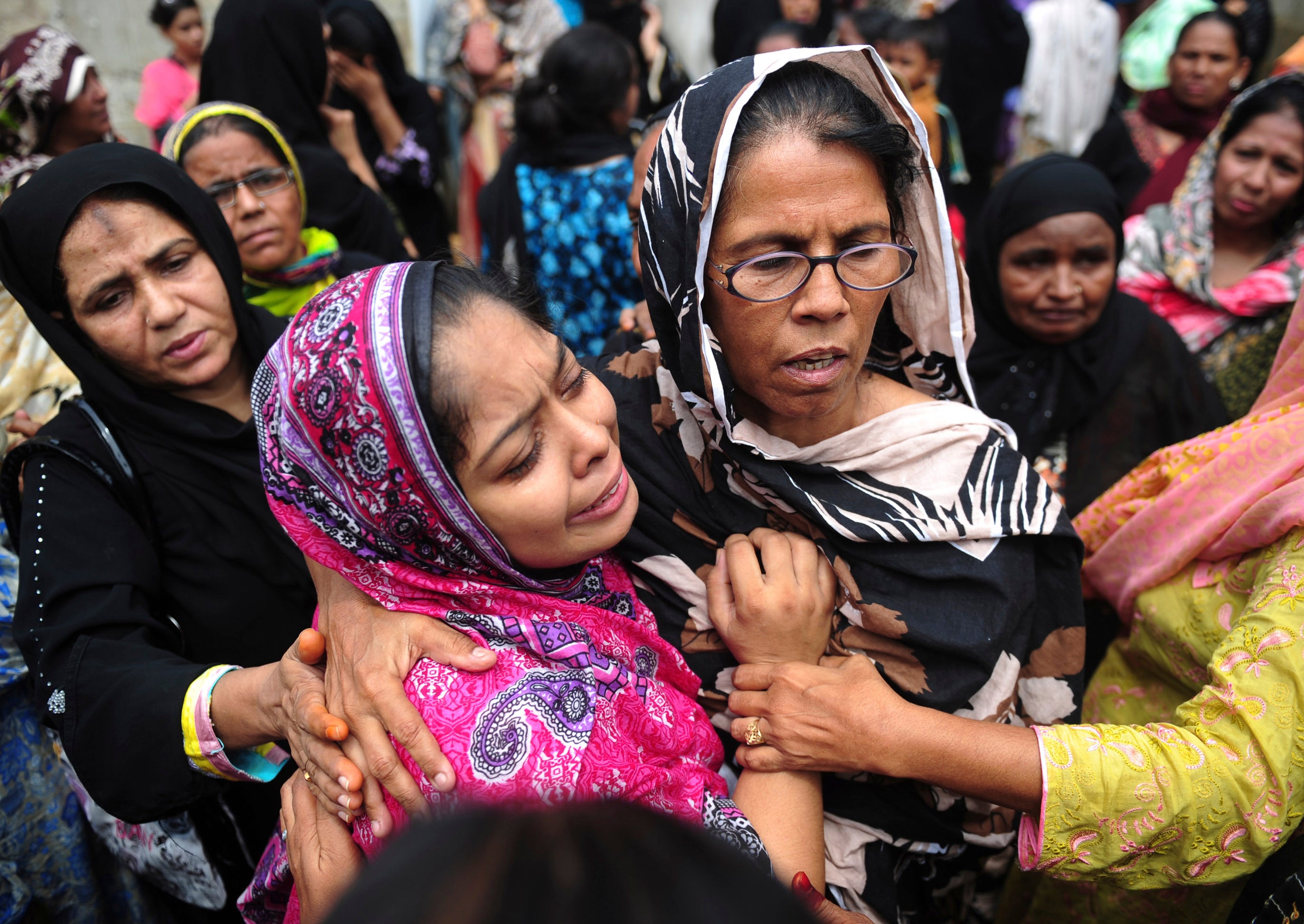International Workers' Day: Four countries that don’t seem to understand its significance
International Workers' Day is meant to honour workers’ rights - so for countries with atrocious labour rights to be celebrating it is a bit incongruous, to say the least

Your support helps us to tell the story
From reproductive rights to climate change to Big Tech, The Independent is on the ground when the story is developing. Whether it's investigating the financials of Elon Musk's pro-Trump PAC or producing our latest documentary, 'The A Word', which shines a light on the American women fighting for reproductive rights, we know how important it is to parse out the facts from the messaging.
At such a critical moment in US history, we need reporters on the ground. Your donation allows us to keep sending journalists to speak to both sides of the story.
The Independent is trusted by Americans across the entire political spectrum. And unlike many other quality news outlets, we choose not to lock Americans out of our reporting and analysis with paywalls. We believe quality journalism should be available to everyone, paid for by those who can afford it.
Your support makes all the difference.Most countries celebrate International Workers' Day (also known as Labour Day), normally on the first day of May.
The day has its roots in the growth of trade union and labour movements, and was chosen to commemorate the 1886 Haymarket affair in Chicago, when workers went on strike for an eight-hour workday.
Countries like Qatar and Saudi Arabia are notorious for their lack of workers' rights and poor working conditions; perhaps unsurprisingly, International Workers' Day is not celebrated as a public holiday in either country.
For countries with poor labour rights records, celebrating International Workers' Day is a bit incongruous. But quite a few do.
China
Welders work with no safety harness and no eye protection on a building site in Beijing (Getty)
China has celebrated International Workers' Day since 1920, when Communist Party founders held rallies with student and labour unions in Shanghai and Beijing.
The day was officially declared a public holiday in 1949, and during the Cultural Revolution it was one of the most important holidays in the country.
It is now celebrated over a three-day weekend.
The country may have embraced the holiday, but the spirit of the day seems to be a bit lost on its government. Chinese workers do not have basic rights such as freedom of association and the right to collective bargaining (both pretty key foundations of most labour movements).
In addition, non-profit organisations like China Labor Watch (CLW) have repeatedly exposed serious labour rights violations in Chinese factories (owned by companies such as Apple, Mattel and Dell). These include child labour, unpaid wages, illegal overtime, poor safety, and discrimination.
Guatemala
According to the International Trade Union Confederation (ITUC), Guatemala is “one of the worst places to be a worker, with no guarantee of rights”.
The country was awarded a rating of ‘5’ by the ITUC in its 2014 Global Rights Index, which rated countries from 1 to 5+ according to how well they protect workers’ rights.

According to the Index, “countries with a rating of 5 are the worst countries in the world for workers to work in.
“Workers have effectively no rights and are therefore exposed to autocratic regimes and unfair and abusive practices.”
In June last year, the ITUC also said that Guatemala was the most dangerous country in the world for the exercise of trade union activities.
As of 2014, they estimate that at least 73 trade unionists have been killed in the country since 2007.
Cambodia
Cambodian garment workers standing on a truck as they travel along a street in Phnom Penh (Getty)
Like Guatemala, Cambodia also gained a ‘5’ rating from the ITUC’s index of the world’s worst places to be a worker.
The Cambodian garment sector is particularly notorious for especially poor labour rights and working conditions.
A report published by Human Rights Watch last month highlighted the lax government enforcement of labour laws and widespread nature of rights abuses.
The report said that “the Cambodian government is failing to protect garment workers who are producing for international apparel brands from serious labor rights abuses.”
These included unlawful child labour, intimidation of union leaders, failure to provide reasonable accommodation for pregnant workers, and avoidance of paying workers maternity and other benefits in order to control them.
Pakistan
In September 2012, a fire tore through a Karachi garment factory. It killed 298 people, making it the largest number of casualties in a single industrial incident in the history of Pakistan.

In the aftermath, workers were said to have been unable to escape because the doors were locked to prevent them from leaving their shifts early. Workers also had to smash iron bars on the windows to jump out of the building, all whilst engulfed in the flames of toxic smoke caused by unsafe chemicals in the factory.
Human rights groups say that the country’s labour laws suffer from sweeping abuse by employers who act with impunity. Rights groups also point out that child labour is widespread, including bonded child labour and trafficking.
Join our commenting forum
Join thought-provoking conversations, follow other Independent readers and see their replies
Comments